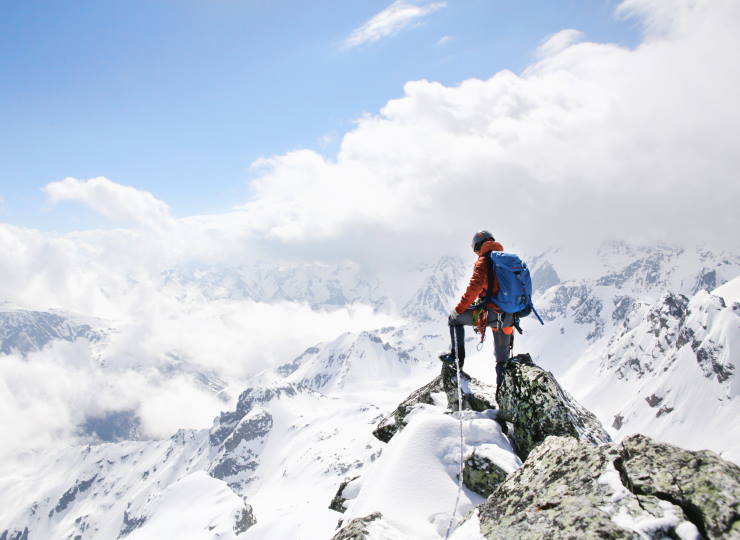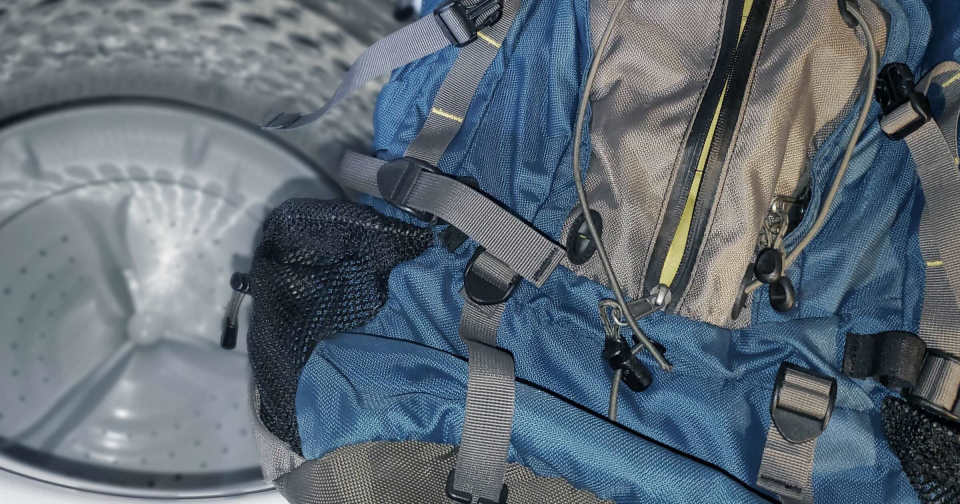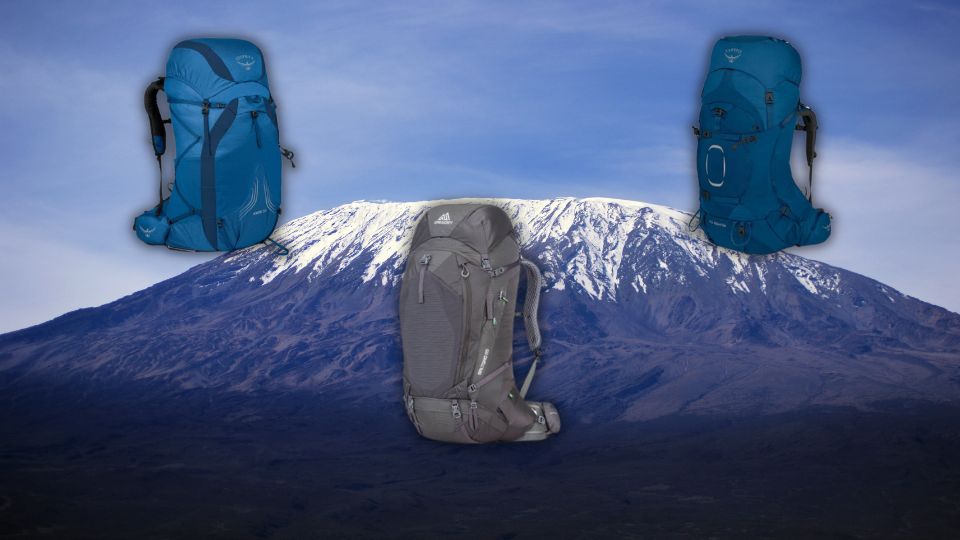Mountaineering is an activity that attracts adventurers from all around the world. It involves climbing steep and rocky slopes, often at high altitudes, in harsh and unpredictable weather conditions. With the physical demands and mental challenges that comes with mountaineering, many people wonder if it’s a difficult activity and what level of fitness is required. We’ll answer these questions and provide insights into why mountaineering is considered challenging. We’ll also discuss how long it typically takes to complete a mountaineering expedition. So, whether you’re a beginner or experienced mountaineer, read on to learn more about this exhilarating sport.
Introduction
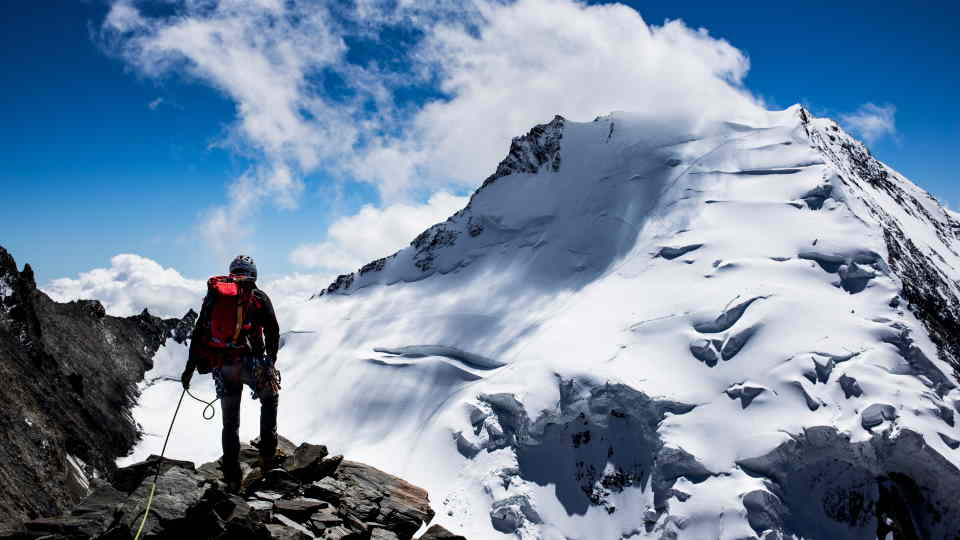
Mountaineering is one of the most challenging outdoor activities, testing one’s physical and mental strength to its maximum limits. It involves climbing mountains or peaks, which are often located at high altitudes, where the conditions can be extreme and unpredictable. Mountaineers face several challenges, such as steep ascents, exposure to harsh weather conditions, and risk of altitude sickness. Therefore, it’s no surprise that many people wonder, “Is mountaineering hard?”
The answer is a resounding yes. Mountaineering requires an enormous amount of effort and perseverance, both of which are essential to reach the summit. This activity demands a high level of physical fitness, as the long and arduous climbs often take a toll on the body. Climbing mountains involves carrying heavy backpacks, maneuvering rugged terrain, and dealing with unpredictable weather, which can wear even the most seasoned mountaineer down.
To give you an idea of just how hard mountaineering can be, consider the fitness level required for it. A mountaineer must have a good balance of strength, endurance, and flexibility. This is because mountain climbing requires the use of various muscle groups, including the legs, core, arms, and back. Additionally, mountaineers must be able to maintain their fitness level for an extended period since climbs can take days or even weeks to complete.
- Overall, mountaineering is an extremely challenging but rewarding activity that provides a unique sense of accomplishment and satisfaction to those who attempt it. However, it’s important to remember that the ascent, no matter how hard, is only half the journey. Experienced climbers know that the descent can be equally challenging and dangerous, requiring the same level of skill and concentration.
- Mountaineering can also be risky, and accidents can happen. Therefore, it’s crucial to have the right gear, knowledge, and training to perform this activity safely. No matter how hard it may seem, with the right preparation and mindset, almost anyone can attempt and successfully complete a mountaineering climb.
How Fit Do You Need to Be to Mountaineer?

Mountaineering is an exhilarating, yet challenging activity that requires a high level of physical fitness. The sport involves climbing mountains by crossing glaciers, ascending steep slopes and navigating through complex terrain. If you’re considering mountaineering, you may be curious about the level of fitness required to tackle the peaks.
To start, it’s essential to have a good base level of fitness. This includes cardiovascular endurance, muscular strength, and agility. Hiking, running, and cycling are great ways to build cardiovascular endurance. Strength training for major muscle groups like your legs, back and core, will help you navigate steep slopes and carry heavy gear. Yoga and stretching exercises help with flexibility, balance and mental focus, which are key elements of mountaineering.
- Additional fitness considerations for mountaineering include:
- Altitude: The higher you climb, the lower the oxygen levels. Altitude sickness is a real concern, so it’s important to build up your cardiovascular fitness and acclimatize slowly before taking on higher peaks.
- Weight: The heavier your pack, the more energy you’ll expend. Building strength and endurance with weight training and cardiovascular exercises can help prepare you for carrying heavy loads.
- Duration: Mountaineering can involve days or even weeks of physical exertion at high altitude. Building both cardiovascular endurance and muscular endurance through training is crucial for sustained energy during long climbs.
| Activity | Example |
|---|---|
| Cardiovascular Endurance | Running, cycling, hiking, swimming |
| Muscular strength | Weight training, bodyweight exercises |
| Agility | Yoga, climbing, martial arts |
The level of fitness required for mountaineering depends on the peak you intend to climb and the route you plan to take. Simple hikes up small mountains require less fitness than a multi-day alpine ascent. Before tackling more challenging routes, it’s important to have a good understanding of your body and its limitations. Listen to your body, and know when to push yourself and when to take rest breaks.
Why Is Mountaineering So Hard?

Mountaineering can be an incredibly rewarding and exhilarating experience, but it’s also an incredibly difficult sport to master and can present serious risks to a climber’s health and safety. So why is mountaineering so hard? There are several reasons that contribute to the challenge of this extreme sport.
Firstly, are the physical demands of mountaineering. Climbing at high altitudes can be incredibly exhausting due to the reduced oxygen levels, making even the simplest tasks feel like a monumental effort. In addition, mountaineers must carry heavy packs laden with gear and supplies, including ropes, crampons, ice axes, and food and water. This can quickly deplete a climber’s energy and strength, requiring a high level of physical fitness and endurance to cope with the demands of the ascent.
- Reduced oxygen levels
- Heavy gear and supplies
- Physical fitness and endurance
Secondly, mountaineers must contend with a range of environmental factors that can make the climb even more challenging. For example, extreme temperatures, high winds, and heavy snowfall can all present serious hazards to climbers. Moreover, the terrain of many mountains can be incredibly varied and treacherous, requiring specialized techniques and skills to navigate safely.
- Extreme temperatures
- High winds
- Heavy snowfall
- Varied and treacherous terrain
Finally, mountaineering is a mental game as much as a physical one. Climbers must manage their fears and anxieties, often in situations where the perceived risks are very real. Moreover, mountaineering requires a high level of focus and concentration, particularly when navigating difficult terrain or performing technical climbing maneuvers.
| Skills Required: | Challenges Faced: |
|---|---|
| Technical climbing skills | Fear and anxiety management |
| Navigation and route finding | Focus and concentration |
| Decision-making under pressure |
How Long Does It Take To Do Mountaineering?
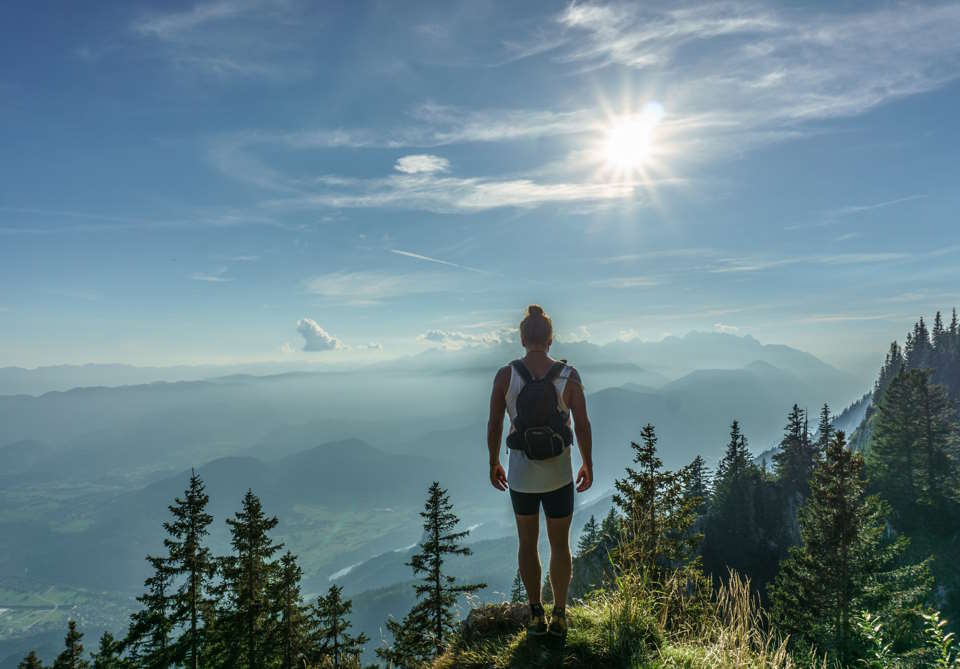
When people think of mountaineering, they often think of the brave and daring adventurers who scale the highest peaks in the world. However, the truth is that mountaineering is a long and arduous journey that requires a lot of training and dedication. One of the most common questions that people have when it comes to mountaineering is how long it takes to actually become proficient.
Unfortunately, there is no easy answer to this question since everyone’s journey is unique. Some people have been mountaineering for years and still consider themselves beginners, while others can quickly pick up the skills needed to climb at a moderate level. Ultimately, the time it takes to do mountaineering will depend on a variety of factors such as your level of fitness, experience, and dedication.
- Fitness Level: If you are already in good physical shape, you will have an easier time getting started with mountaineering. However, if you are starting from scratch, you will likely need to spend several months working on your fitness before you can even consider attempting a climb.
- Experience: If you have never climbed before, it will likely take you longer to get started with mountaineering. You will need to learn basic skills such as how to use crampons, ice axes, and ropes. You’ll also have to learn how to read the mountain terrain to avoid hazardous areas.
- Dedication: Finally, the amount of time you can dedicate to your mountaineering journey will play a significant role in how long it takes you to become proficient. If you can only spend a few hours a week training, then it will take you much longer than someone who can dedicate several hours a day to their training.
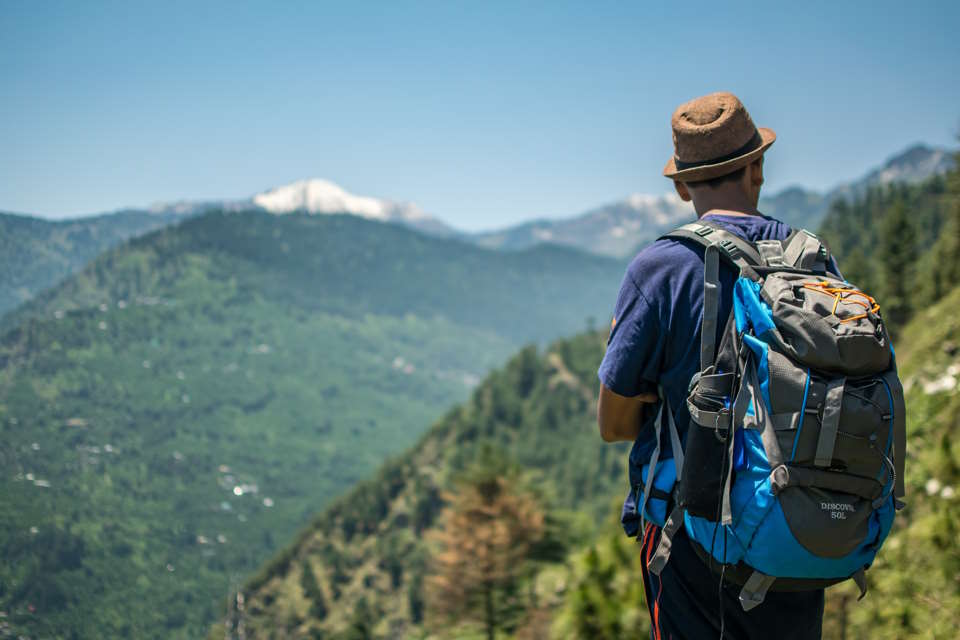
Another factor that you’ll need to consider is the type of mountaineering that you want to do. If you are looking to do technical climbs, you will need to spend more time training than if you are just looking to do hiking and scrambling. Generally, you can expect to spend several months (or even a few years) before you can consider yourself to be a proficient mountaineer.
| Type of Mountaineering | Time to Become Proficient |
|---|---|
| Hiking and Scrambling | Several Months |
| Technical Climbing | Several Years |
Finally, it’s important to remember that mountaineering is a dangerous sport. It’s crucial to take your time and not rush into anything before you are fully prepared. Proper training and experience are essential for your safety and the safety of others around you.
So, how long does it take to do mountaineering? The answer is that it varies for everyone. However, with dedication, patience, and hard work, you can work towards becoming a proficient climber over time.

